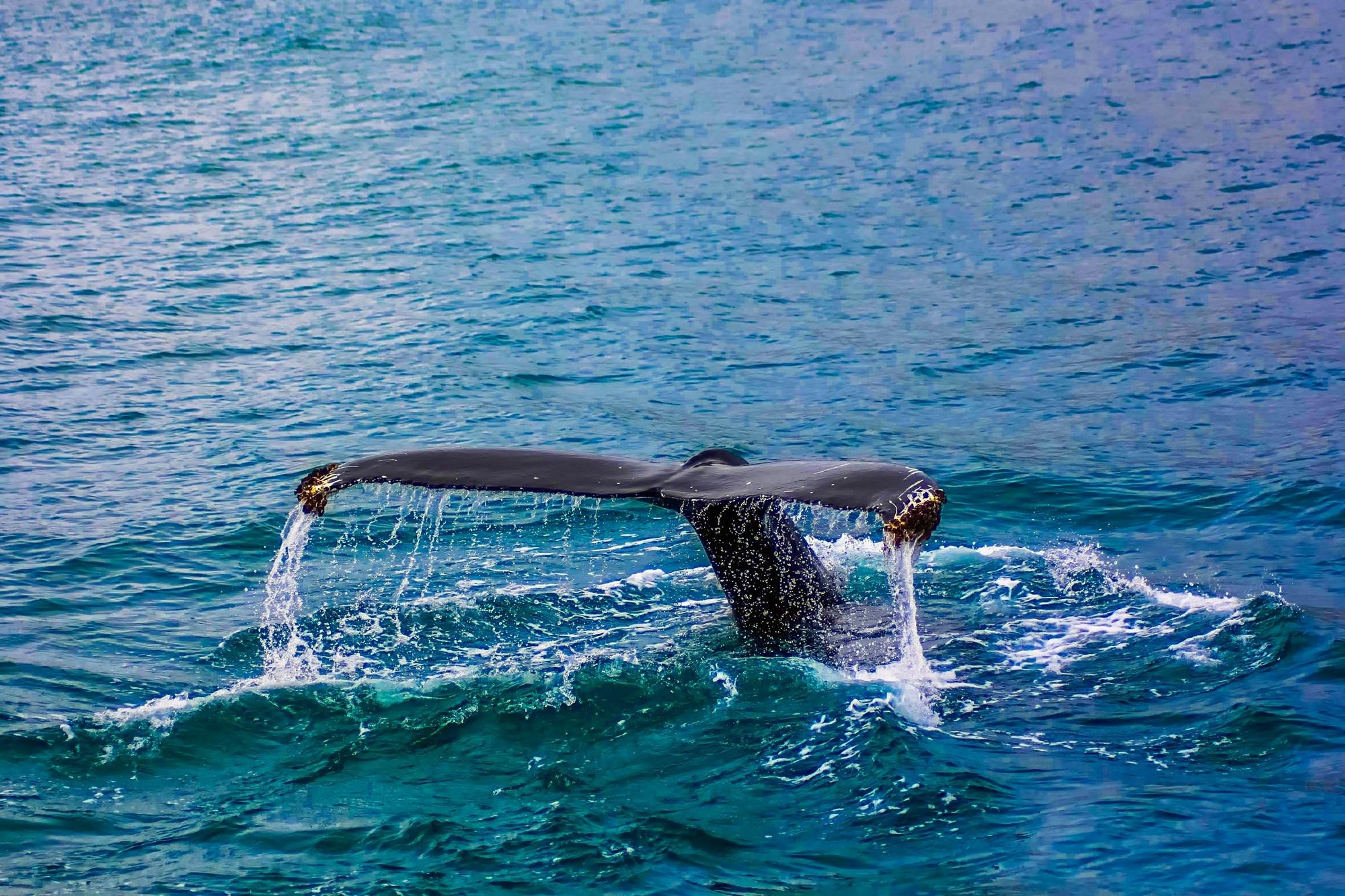
Why Are Blue Whales Going Silent?
Written by Wilgens Sirise
In the sky and the depths of the sea, things are changing. We all know the blue whale – the great giant of the sea, the largest animal that has ever lived on this planet. They are not only big, they also used to sing. Yes, blue whales have their own way of communicating. They use sounds so low that you can’t hear them with normal ears. But today, these sounds are slowly disappearing. Some scientists are asking themselves: why are blue whales going silent?
I, Wilgens Sirise, am not a scientist, but I am a person with a heart for nature. And for some time now, I have been reading, listening, observing… and I have noticed that what is happening to blue whales is not normal. It is not just a scientific matter, it is a message. A message that we all need to hear, before it is too late.

A Language That Isn’t as Deep as It Used to Be
Blue whales use sound to communicate – not talking, not touching – but sounds that can travel hundreds of kilometers underwater. That’s how they find other whales, display affection, or avoid danger. But now, research shows that blue whales’ vocalizations are decreasing. Not only are they decreasing in frequency, but their volume is also decreasing. That’s a sign.
What’s changing? Are blue whales losing motivation? Is there a reason they don’t want to talk anymore
A Sea Overloaded with Noise
The sea has never been completely quiet, but today it’s like a busy street with traffic. Ships passing by, oil rigs under the sea, marine exploration, military sonar – all of this creates a noise barrier that prevents whales from hearing each other. Imagine being in the middle of a party where everyone is talking loudly, the DJ is playing music at full volume, and you’re trying to talk to a friend who’s far away. You can’t. That’s exactly what’s happening to whales.
They can’t communicate like they used to. And when that doesn’t work, they give up. They keep quiet.

A Syrup From Despair. Some scientists think that this is a strategy: not speaking to avoid danger. When blue whales sing, other animals can hear them – including animals that could threaten them. Or worse, people. When military sonar detects blue whales, it can disorient them, damage their organs, and there have been cases where whales have dived too quickly, bled, and died. When you understand this, you see that silence is not just discouragement – it’s survival.
Climate Change: Another Unheard Noise
Climate change doesn’t make physical noises like ships or sonar, but it affects the entire ocean. Seawater temperatures are changing, whales’ food is dwindling, migrations are changing. When you don’t find food, when your path is no longer stable, you don’t have time to sing. You’re saving your life. When you think of blue whales like this, you feel like their silence is their cry. They can’t sing, but they are suffering.
What If It’s a Call?
I’ve thought about this a lot. What if the silence of the blue whales isn’t a response? What if it is a call? Maybe they don’t want to talk to other whales anymore. Maybe they want us to hear them. Us, humans. Maybe the silence is louder than all the songs. Because they are saying: “We can’t live like this anymore.”
The silence of the ocean may be the most powerful sound of this time. It’s not a sound you hear, it’s a sound you feel. It’s like when you walk into an empty house – you don’t hear anything, but you know something is wrong.
What Can We Do?
As a reader, you may think: “I can’t change anything.” But you can. Every decision we make, every product we buy, every trip we take – all of this has an impact on the ocean. If we reduce noise pollution, if we put pressure on shipping companies and governments, if we support laws that protect marine animals – we can make the blue whales sing again.
It’s not an easy task. But if they could sing across the ocean, we too can raise our voices to help them find it again.
A Silence We Must Not Ignore
Blue whales no longer sing like they used to. Some might say that’s no big deal. But to me, it’s more than that. It’s like the ocean itself is changing. It’s not just about the animals, it’s about us. Because it’s all connected. If blue whales lose their voices, we too will lose a part of ourselves.
Their silence is not the end of the story. It’s a call. It’s a testimony. And it’s our responsibility to respond.







